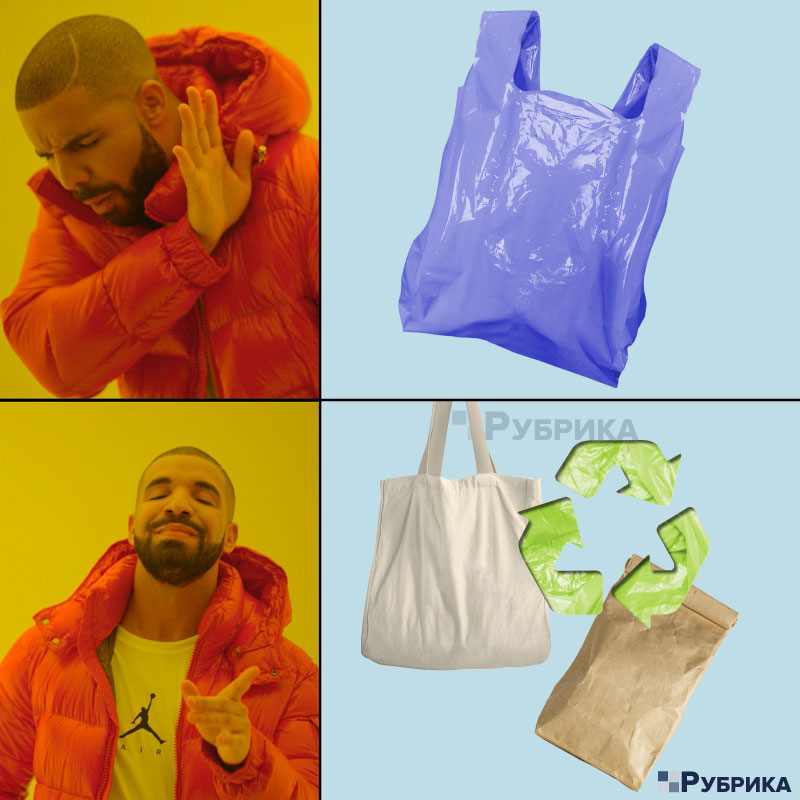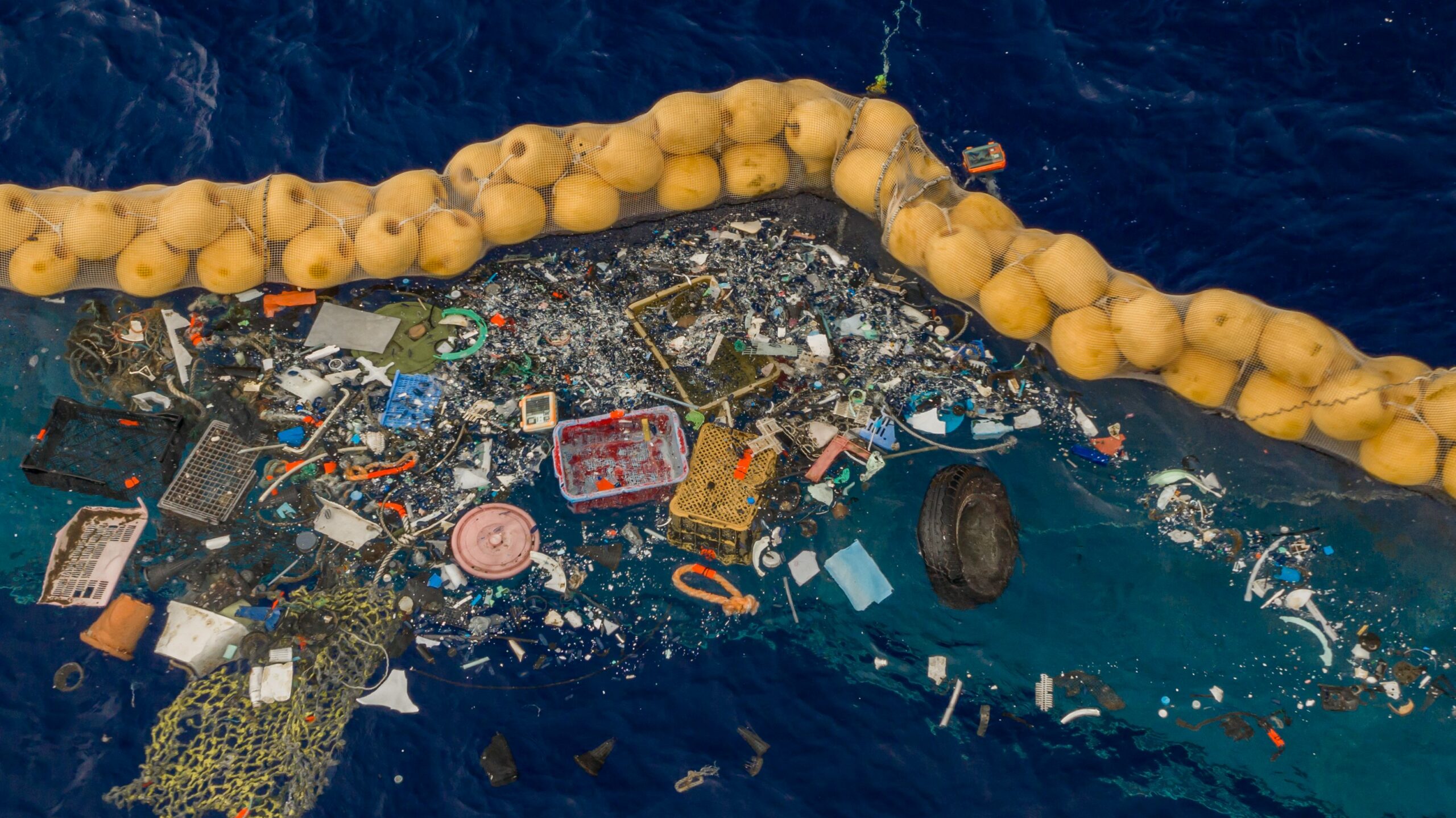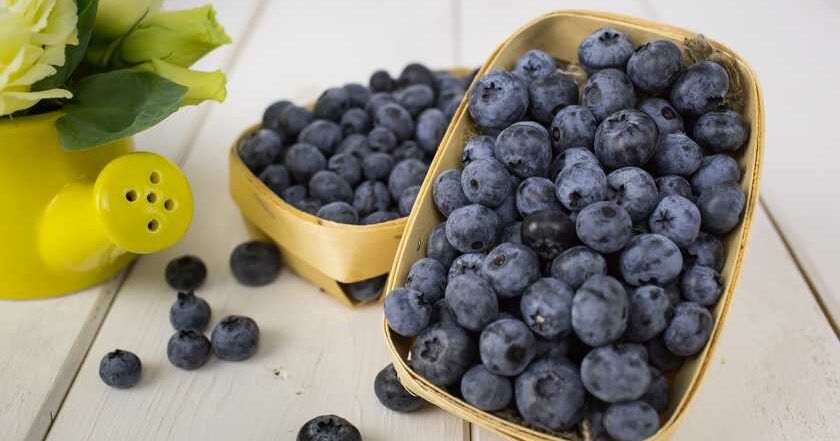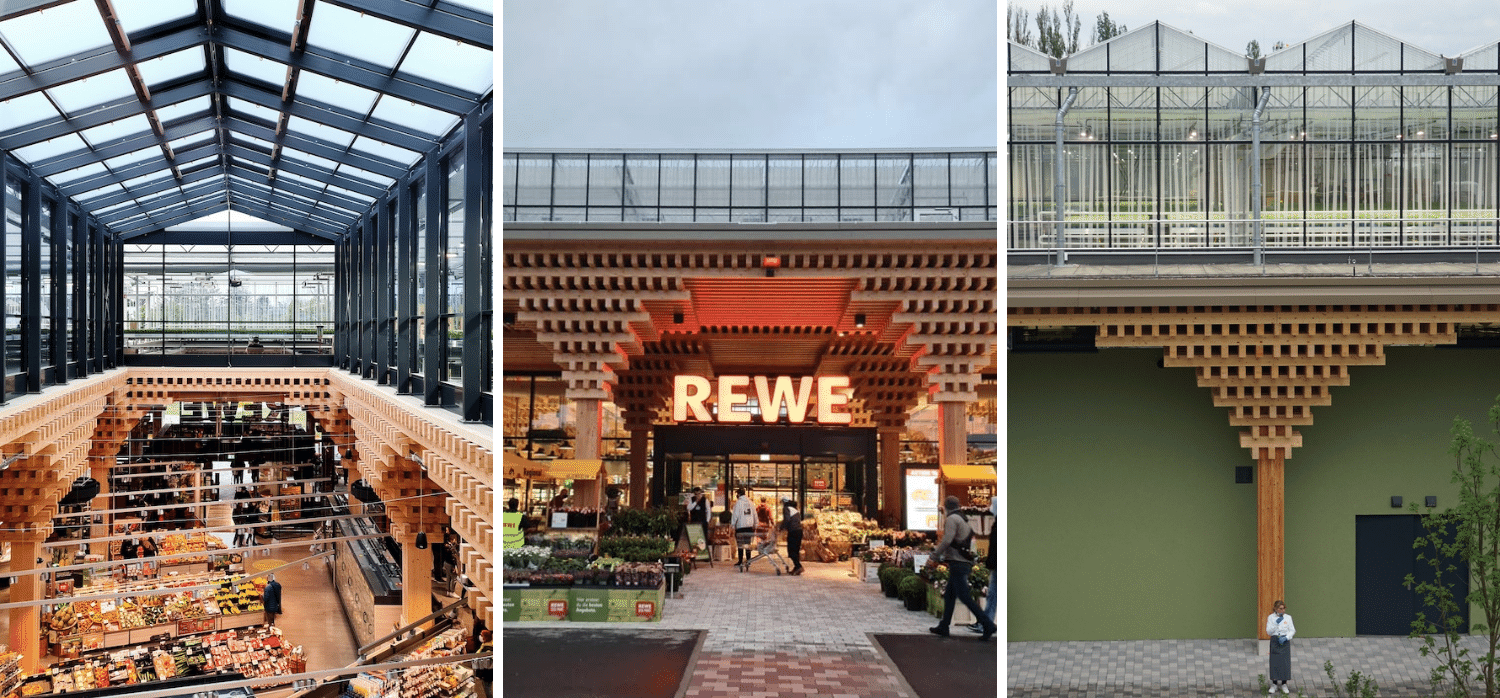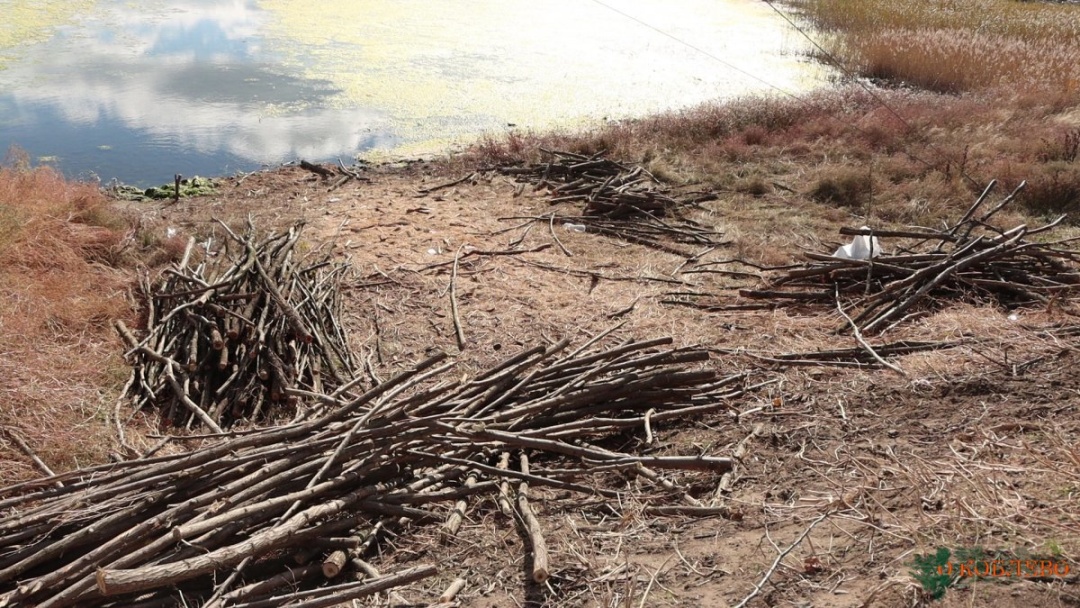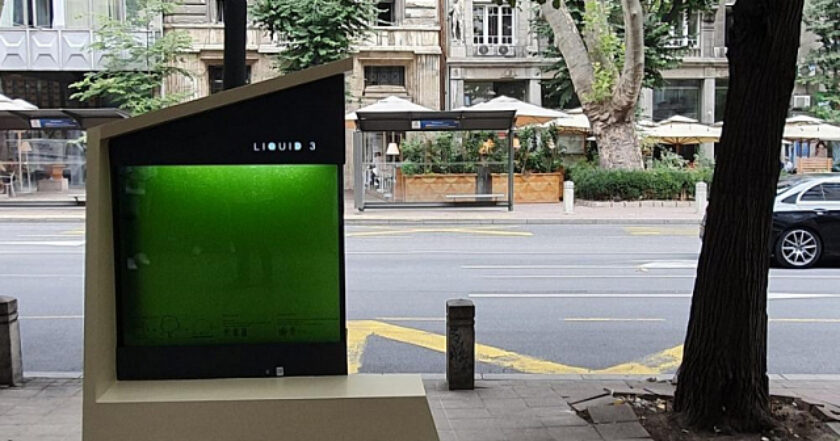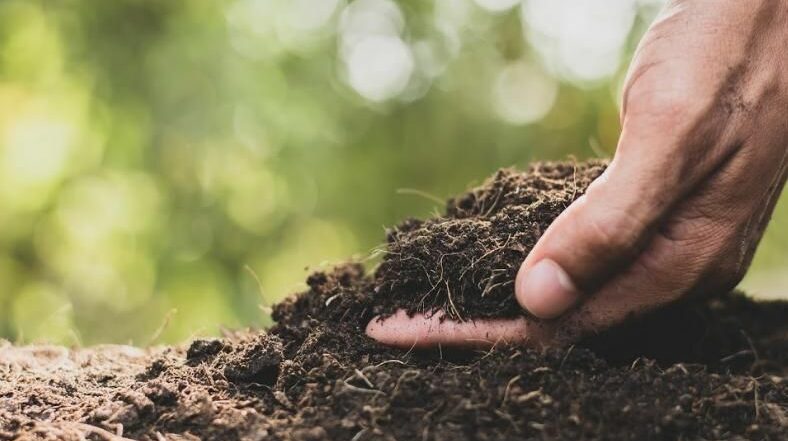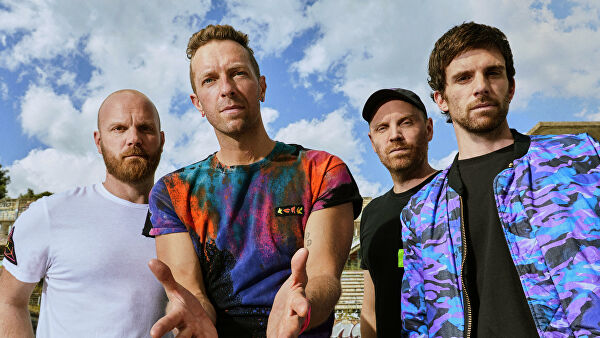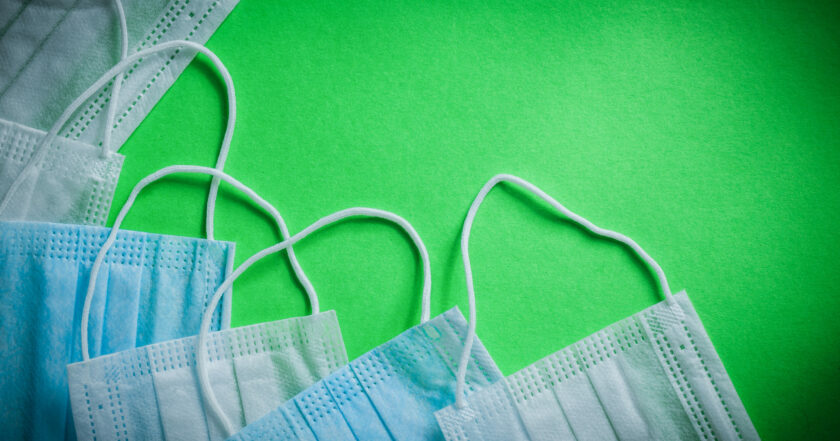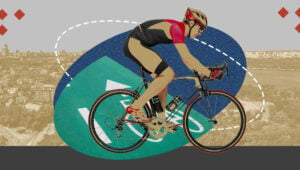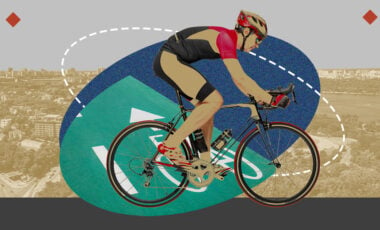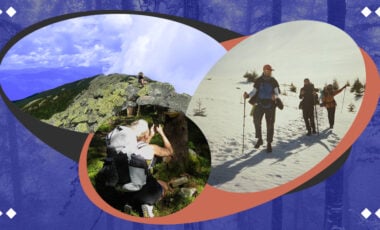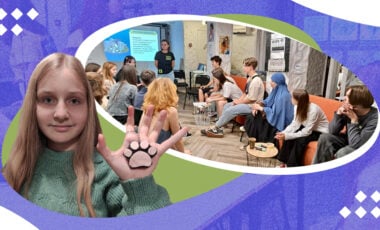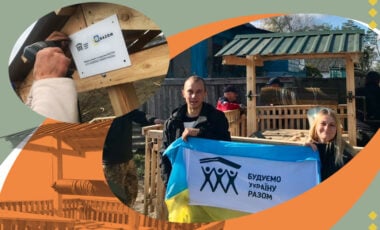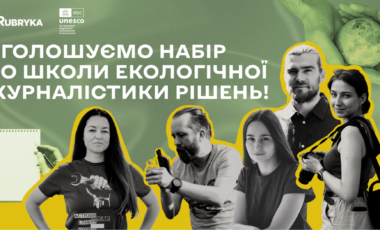Saving the planet: 10 eco-solutions in 2021 that will surprise you
Ecology is a science! And while one part of the world ignores it, another one masters and takes steps to save the planet. Which side are you on?
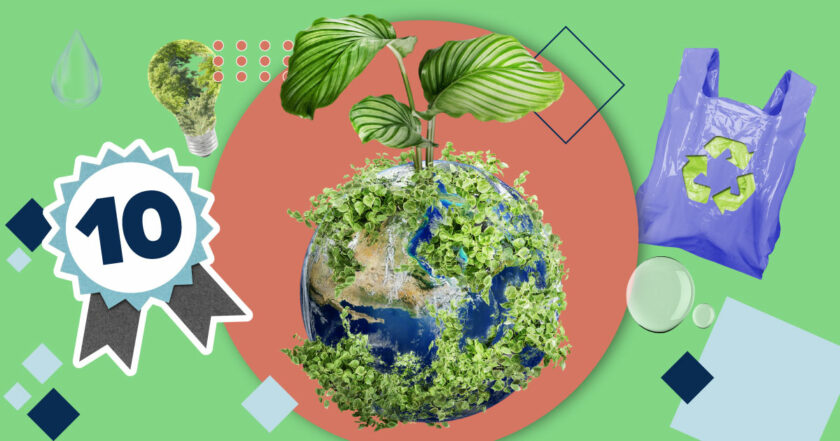
Rubryka has collected the ten best solutions of Ukraine and the world of the entire year, which can help nature here and now. 2021 proved fruitful for everyone with the "eco" prefix. Now find out why.
What is the problem?
The planet is in trouble
Nature knows how to recover. It knows how to sort, rework, stop, run, and knows exactly when to do it all. But now humanity is already producing too much waste and sources of pollution. So the planet needs help.
In early 2021, the State Environmental Inspectorate of Ukraine conducted a study and named three main environmental problems of Ukraine:
- lack of drinking water;
- air pollution;
- waste.
And although the same problem of lack of drinking water is more associated with distant countries, in ours, too, not everything is perfect. In 2020 alone, environmentalists have estimated more than 188 million hryvnias in losses due to water pollution.
You can see the level of air pollution in your city or village in real-time by following the link. And the problem with waste is even more obvious: there are almost no waste processing plants in Ukraine, so more and more areas have to be given to landfills. Not very good news, is it? But despite all this, there is a solution!
What is the solution?
Ukraine refuses plastic bags
On June 1, 2021, 297 people's deputies voted for Ukraine's refusal of plastic bags. On December 10, they have already become paid in shops and restaurants. However, the price for them is symbolic, less than the hryvnia. But this is short-lived because the process of refusal is gradual and this is just the beginning.
On March 9, 2022, a general ban on distributing plastic bags will come into force, except for the packaging of fresh fish, meat, and bulk products. But in 2023 it will be possible to use only biodegradable packages.
Who lives on the bottom of the ocean? Jenny, collecting garbage!
Well, not at the bottom and not so much Jenny as System 002. This is the brainchild of the Cleanup Project, which is a floating barrier that collects garbage in the ocean without fishing. The test barrier is nicknamed Jenny, 800 meters long, and ships with a crew at both ends.
In August, Jenny went on her first six-week voyage and returned with tons of garbage. The developers say the system is capable of catching 350 tons of ocean debris a year. To increase the results, the Cleanup Project team has decided to increase the size of the cleaning barrier to 2.5 kilometers and has already begun work on it.
And how this and other inventions save the world's water bodies, Rubryka explained in more detail here.
Packaging made of fallen leaves from a Kyiv farm
Ozeriana Berry Farm, located in the Kyiv region, has developed new ecological packaging for its products. In 2021, the farm was still experimenting with improving its formula, but at the end of the year, it will finally switch to packing berries in bags and containers made of fallen leaves.
It all started with the idea of a rural school student and grew into full-fledged research and experiments. The developers say that such packaging is more expensive than plastic, and at the same time more environmentally friendly than ordinary paper, because it doesn't require cutting down trees. In 2022, Ozeriana plans to switch to such packaging completely.
Greenhouses in German supermarkets and minimum emissions
The German supermarket chain REWE has collaborated with the architectural firm Acme. Together they created a supermarket with an aquaponic system and a modular greenhouse, where they will grow individual products. In this way, they want to minimize emissions from large farms and food transportation.
The first store opens in Wiesbaden. According to the plans of the developers, it should produce about 10 tons of fresh fish and 800 thousand pots of basil. Basil will filter the water used in fish farming, and the products of fish life will be a fertilizer for basil. Eventually, such supermarkets with greenhouses and aquaponic systems will appear throughout Germany. Shall we take an example from them?
Bird Island in Mykolaiv region
Meanwhile, Ukraine is trying to take care of rare birds. The Bird Islands eco-project is 1,500 square meters of artificial islands in the Tilihul liman for nesting rare waterfowl.
Natural nesting sites of many birds are often flooded, wild animals reach them, or bad weather destroys their nests. Thus, birds lose the ability to produce offspring and gradually disappear as a species. In the Mykolaiv region, they decided to fight it; having built the first 500 square meters in April 2021 and seen positive dynamics, they continued the project.
For the first time in history, the country refused to sell fur
Israel became this country! On June 9, Israel's environment minister signed a decree banning the sale of natural fur. No other country has yet made such decisions.
Despite the ban, natural fur will still be used in cases involving "scientific research, education, religious purposes or traditional ceremonies." However, there will no longer be any farms where animals are abused and kept in inappropriate conditions. We think that such a refusal should be in TOP solutions of the year.
"Liquid tree" for cleaning dirty air
The problem is that Serbia is one of the five countries in Europe with the most polluted air. Belgrade has decided to fight this through innovation. The so-called "liquid tree" was installed there, the city's first photo-bioreactor.
It holds six hundred liters of water and uses microalgae to bind carbon dioxide and extract pure oxygen by photosynthesis. According to the developers, algae replace two ten-year-old trees and can be used in cities where there is a lack of space for planting trees.
Sludge from sewage treatment plants processed for fertilizer
Lutsk Vodokanal began to process sludge from sewage treatment plants for agriculture fertilizer. This practice already exists in Europe, but in Ukraine, it is the first case.
After the water passes all stages of purification, waste accumulates in treatment plants. Sometimes they have to get rid of it. And Lutsk will now earn and sell organic fertilizer made of this sludge to farms. Everyone will win.
Charging Coldplay concerts. Literally!
In the autumn of 2021, British rockers Coldplay announced a new tour. New environmental tour. Big concerts always require a lot of electricity, after which there is garbage and it is costly in every sense. But the musicians found a solution.
The floor of the concert halls will be covered with kinetic material, thanks to which the fans' jumps will be converted into electricity, which will be used to operate the necessary equipment. If they don't dance at the concert, the light will simply disappear. In total, the idea of Coldplay includes 12 organizational items, which include recycling garbage, minimizing water use, and more. So rockers want to reduce the carbon footprint of concerts.
Compostable masks
We can't go without Covid solutions? In France, they have found a way to make masks compostable. They will be made from sugar cane, rice starch, and bio-based polymers. In nature, the decomposition period of such masks will be four months.
The first batches of protective equipment will appear in pharmacies in 2022. They will not differ visually from the usual disposable masks.
And did they work?
Every solution can be improved, but, as the British say, done is better than perfect! It is already important to pay attention to the environment and how much it determines in our lives. So take care of yourself and take care of nature.



